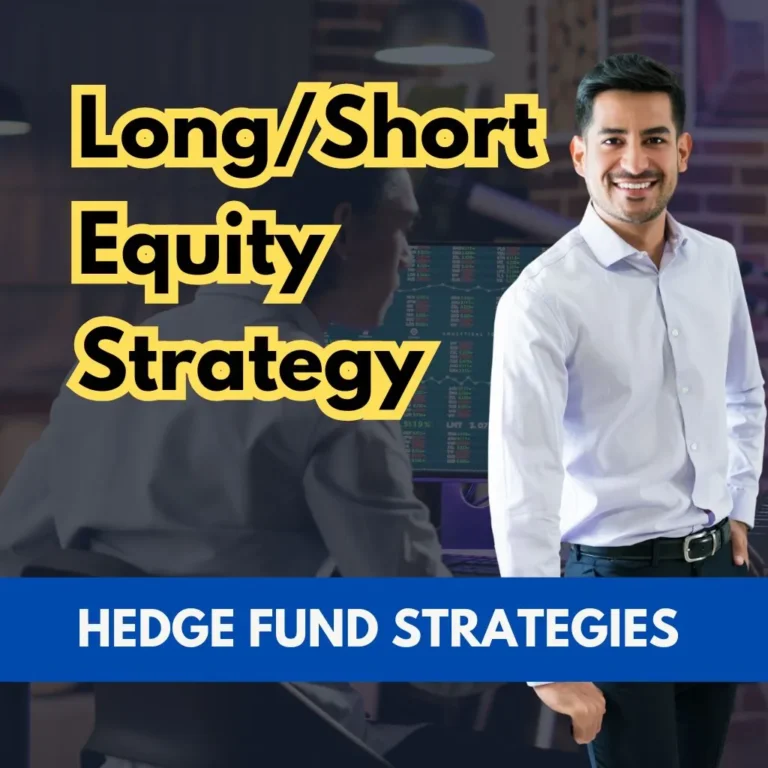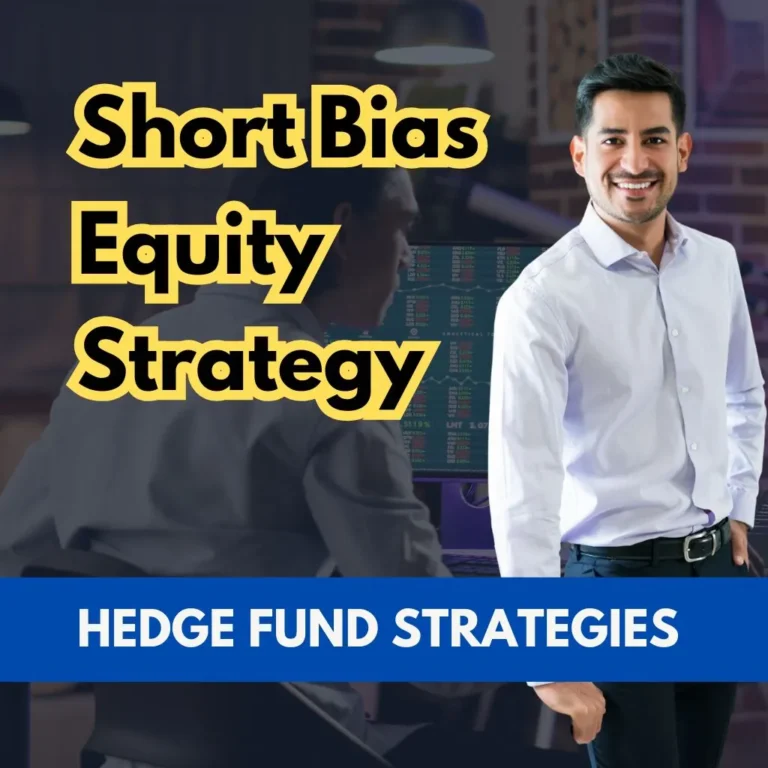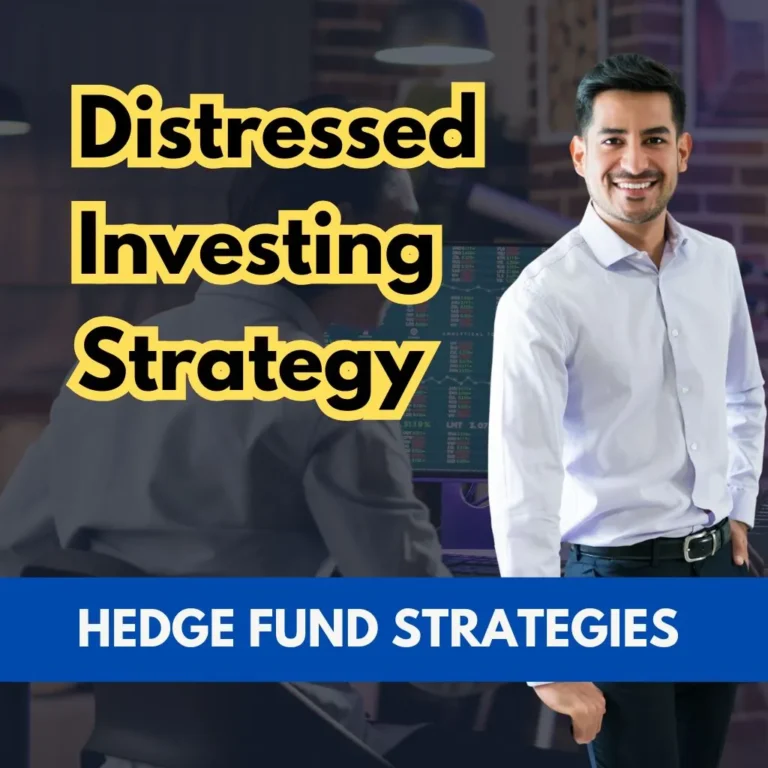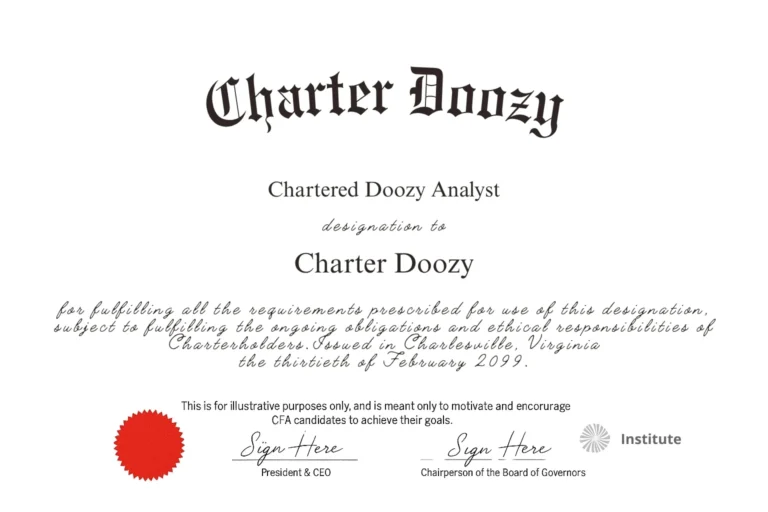The Basics of Convertible Bond Arbitrage
Convertible bond arbitrage is a sophisticated hedge fund strategy that seeks to exploit mispricings between a company’s convertible bonds and its underlying equity.
A convertible bond is a hybrid security that offers bond-like fixed interest payments and the option to convert into a fixed number of shares of the issuing company.
This dual nature creates a complex pricing relationship between the bond and the stock, which hedge funds attempt to capitalize on using arbitrage techniques.
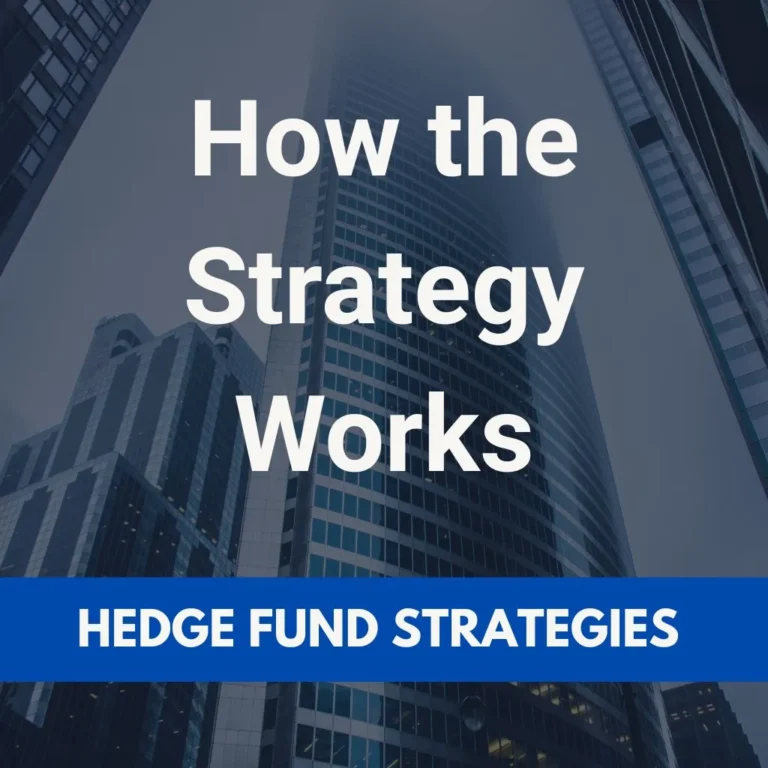
How the Strategy Works in Practice
At the heart of the strategy is a long position in the convertible bond and a simultaneous short position in the issuing company’s equity.
The short sale is calibrated to hedge the equity sensitivity of the bond, a concept known as “delta hedging.”
This approach aims to isolate and monetize the pricing inefficiencies between the bond’s theoretical value and its market price.
The hedge ratio, or the number of shares sold short for each bond held, is determined by the bond’s delta… its sensitivity to changes in the stock price.
As the underlying stock price moves, the delta changes, requiring the hedge to be dynamically adjusted.
This process, known as rebalancing, is central to managing risk in the strategy and capturing arbitrage profits.
Interested in Learning About Other Hedge Fund Strategies?
Real-World Example of a Trade
Consider a scenario where a hedge fund identifies a convertible bond issued by TechCo, which is trading at a modest premium above its par value and convertible at $50 per share. At the same time, TechCo’s stock is trading at $45.
The fund purchases the bond and simultaneously shorts the stock, anticipating that as the stock price rises toward the conversion level (or as volatility increases) the bond’s value will increase disproportionately.
In such cases, the hedge fund benefits not only from the regular interest income provided by the bond but also from the favorable change in the bond’s price relative to the short equity position.
If volatility spikes or the stock price approaches the conversion threshold, the convertible bond becomes more valuable due to its embedded call option, potentially creating a profitable unwind of the trade.
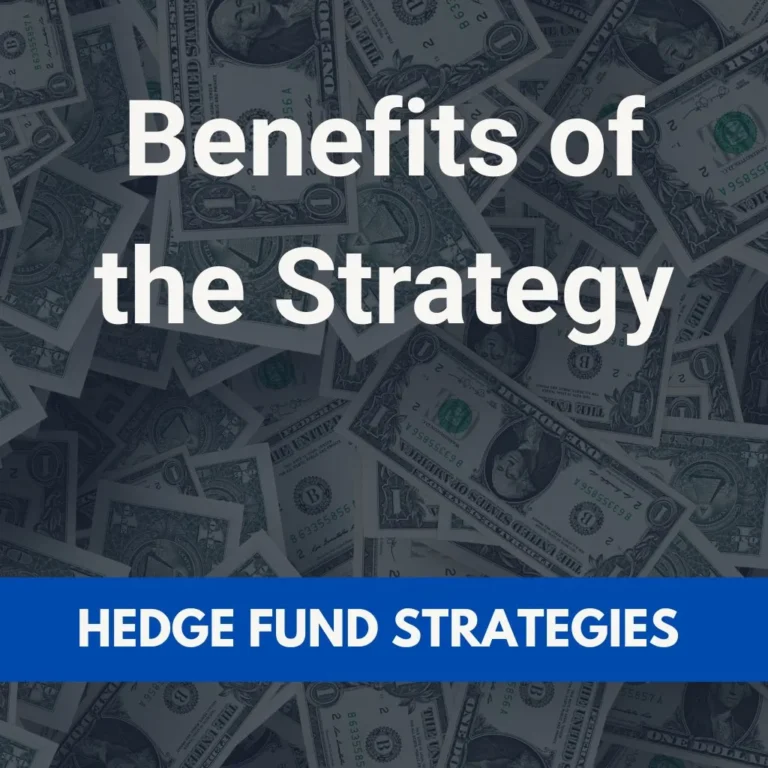
The Appeal of Convertible Bond Arbitrage
One of the most attractive features of this strategy is its market-neutral nature. Since it is designed to minimize exposure to directional moves in the stock market, the strategy can potentially perform well in both bull and bear markets.
Hedge funds employing this strategy are essentially betting on the volatility of the underlying stock and the relative pricing of the convertible bond, rather than taking a view on whether the stock price will rise or fall.
The strategy also offers exposure to long volatility, meaning that it tends to perform well during periods of heightened market turbulence.
During such times, the embedded options in convertible bonds become more valuable, providing additional upside.
Furthermore, the interest payments received from the bond serve as a built-in buffer, helping to reduce downside risk and providing a more stable return profile compared to outright equity strategies.
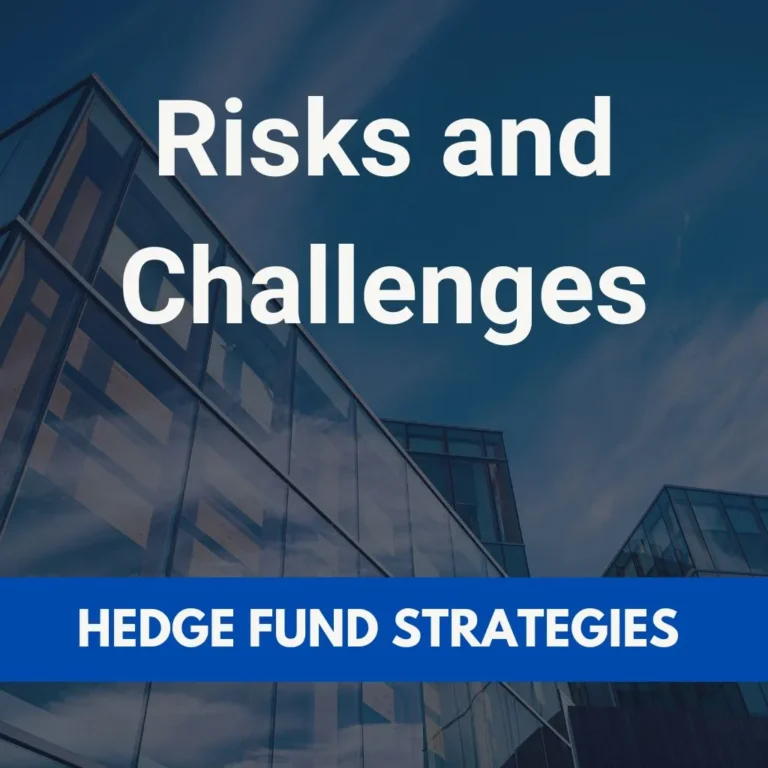
Risks and Challenges to Consider
Despite its advantages, convertible bond arbitrage is not without its risks. The most significant is credit risk. Since the bonds are issued by companies (often smaller or high-growth firms) their credit profiles may deteriorate, putting principal and interest payments at risk.
In the event of a downgrade or default, the bond’s value can fall sharply, and the short equity hedge may not fully offset the losses.
Another major concern is liquidity. In times of financial stress, convertible bond markets can become illiquid, making it difficult to adjust positions or exit trades without incurring significant costs.
This was especially evident during the 2008 financial crisis when many convertible arbitrage strategies experienced severe drawdowns due to forced liquidations and widening spreads.
Additionally, the strategy relies heavily on quantitative models to determine hedge ratios and risk exposures. Errors in these models, incorrect assumptions about volatility, or unexpected market events can all lead to losses.
Finally, because the returns from arbitrage are typically small on a per-trade basis, funds often use leverage to amplify gains. While this can boost returns, it also magnifies losses and raises the risk profile of the strategy.
Final Thoughts
For CFA candidates seeking a deeper understanding of hedge fund strategies, convertible bond arbitrage offers a compelling blend of finance theory, quantitative modeling, and real-world execution challenges.
It illustrates how a nuanced understanding of security structure, volatility dynamics, and market behavior can be harnessed to pursue consistent, risk-adjusted returns.
While not suitable for all investors due to its complexity and risk, the strategy serves as a valuable example of how hedge funds operate at the intersection of markets, instruments, and inefficiencies.
For those preparing for careers in portfolio management, trading, or alternative investments, mastering the principles behind convertible bond arbitrage is an important step in developing the analytical edge required in modern finance.

